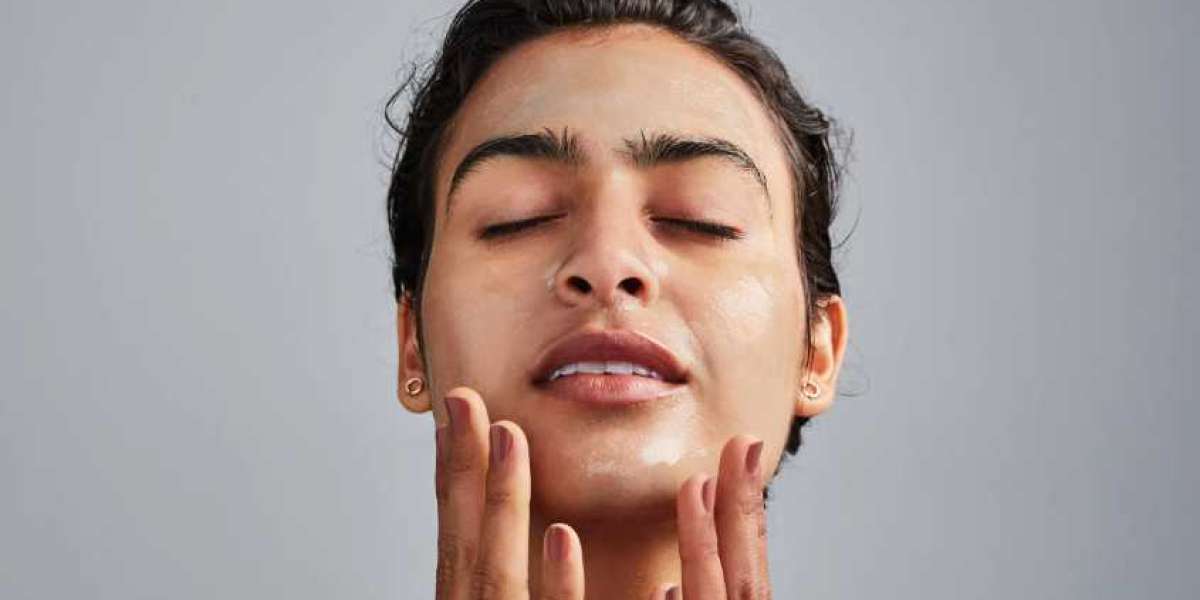Introduction
Skincare is not just about the products we apply to our skin; what we put into our bodies plays a crucial role in determining our skin's health and appearance. A balanced diet rich in vitamins, minerals, and healthy fats can help nourish your skin from within, leading to a clearer, more radiant complexion. Here’s a look at how diet impacts skincare and what foods you should incorporate for healthy skin.
1. The Connection Between Diet and Skin Health
The skin is our largest organ, and it reflects our overall health. A poor diet can lead to various skin issues, including dryness, acne, premature aging, and inflammation. Here’s how what you eat affects your skin:
- Nutrient Deficiencies: Lack of essential vitamins and minerals can lead to skin problems. For example, deficiencies in Vitamin C, E, and Zinc can impact collagen production and skin repair.
- Inflammation: Diets high in processed foods, sugar, and unhealthy fats can increase inflammation in the body, contributing to skin conditions like acne and eczema.
- Hydration: Staying hydrated is essential for maintaining skin moisture and elasticity. What you eat can also impact your hydration levels.
2. Essential Nutrients for Healthy Skin
Certain nutrients play a vital role in promoting skin health. Here are some key players to include in your diet:
a) Omega-3 Fatty Acids
Omega-3s help maintain the skin's lipid barrier, keeping it hydrated and reducing inflammation.
- Sources: Fatty fish (salmon, mackerel), walnuts, chia seeds, and flaxseeds.
b) Antioxidants
Antioxidants protect the skin from oxidative stress caused by free radicals, helping to prevent premature aging.
- Sources: Fruits (berries, oranges), vegetables (spinach, kale), nuts, and seeds.
c) Vitamin C
Vitamin C is crucial for collagen synthesis and helps brighten the skin while reducing pigmentation and dark spots.
- Sources: Citrus fruits, strawberries, kiwi, bell peppers, and broccoli.
d) Vitamin E
Vitamin E is a powerful antioxidant that helps protect the skin from damage and supports skin repair.
- Sources: Nuts (almonds, hazelnuts), seeds, spinach, and avocados.
e) Zinc
Zinc plays a role in skin healing and helps regulate oil production, making it beneficial for acne-prone skin.
- Sources: Pumpkin seeds, chickpeas, lentils, and oysters.
3. Hydration and Its Impact on Skin
Proper hydration is essential for maintaining healthy skin. Drinking enough water helps flush out toxins and keeps your skin plump and hydrated.
- Daily Water Intake: Aim for at least 8 glasses (64 ounces) of water daily, adjusting for activity level and climate.
- Hydrating Foods: Incorporate water-rich fruits and vegetables like cucumbers, watermelon, oranges, and lettuce.
Tip:
Consider herbal teas or infused water with fruits like lemon or berries for added antioxidants and flavor.
4. Foods to Avoid for Better Skin
Just as certain foods can benefit your skin, others can lead to breakouts, inflammation, and dullness. Here are some foods to limit or avoid:
a) Processed Sugars
High sugar intake can lead to increased insulin levels, which may trigger acne and skin inflammation.
- Examples: Sugary snacks, sodas, and pastries.
b) Dairy Products
Some studies suggest a link between dairy consumption and acne. If you're prone to breakouts, consider reducing dairy in your diet.
- Alternatives: Almond milk, coconut milk, or oat milk.
c) Refined Carbohydrates
Refined carbs can cause spikes in blood sugar, leading to inflammation and acne.
- Examples: White bread, pasta, and many snack foods.
d) Fried and Greasy Foods
These foods can increase oil production and lead to clogged pores, worsening acne.
- Examples: Fried snacks, fast food, and heavy sauces.
5. Balanced Meal Ideas for Radiant Skin
Here are some meal ideas packed with skin-loving nutrients:
Breakfast:
- Overnight Oats: Made with rolled oats, chia seeds, almond milk, and topped with berries and nuts.
- Smoothie Bowl: Blend spinach, banana, and almond milk, topped with sliced fruits, seeds, and nuts.
Lunch:
- Quinoa Salad: Tossed with cherry tomatoes, cucumbers, avocado, and a dressing of olive oil and lemon juice.
- Grilled Salmon: Served with steamed broccoli and sweet potato.
Dinner:
- Stir-Fried Vegetables: Made with bell peppers, broccoli, and tofu, served over brown rice.
- Chickpea Curry: Cooked with spinach and served with quinoa or whole-grain bread.
Snacks:
- Mixed Nuts: Almonds, walnuts, and pumpkin seeds for a nutrient-rich snack.
- Veggies with Hummus: Carrot sticks, cucumber slices, and bell peppers for a crunchy treat.
6. Supplements to Consider
While a balanced diet should be the primary source of nutrients, some individuals may benefit from supplements, especially if they have dietary restrictions or specific skin concerns.
Common Supplements:
- Omega-3 Fish Oil: For its anti-inflammatory properties.
- Collagen Peptides: May support skin elasticity and hydration.
- Biotin: Can promote healthy hair and skin.
Tip:
Consult with a healthcare professional before starting any supplements to ensure they’re appropriate for your needs.
Conclusion
A healthy diet plays a crucial role in achieving and maintaining radiant skin. By incorporating nutrient-rich foods and staying hydrated, you can nourish your skin from within, leading to a clearer, more vibrant complexion. Remember that consistency is key—make these dietary changes part of your lifestyle for the best results.
This post provides readers with valuable information on how their diet impacts skin health, including essential nutrients, foods to avoid, and meal ideas for achieving healthy, glowing skin.
https://trendybeauti.ae/








